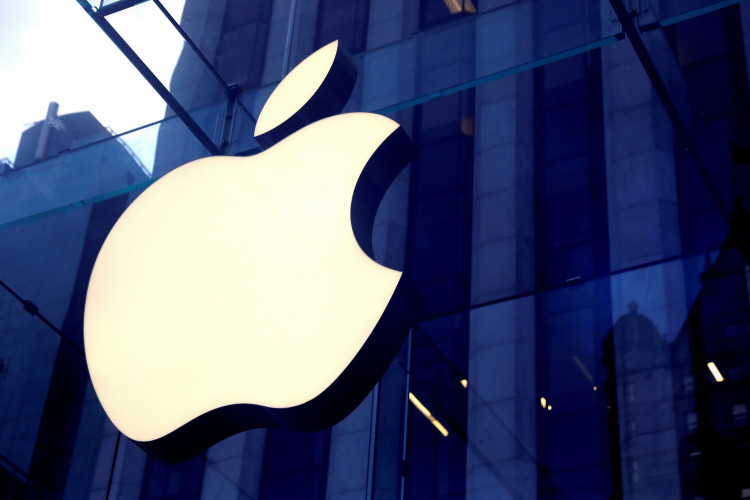In a crucial twist to Apple Inc.'s longstanding European legal saga, a key legal advisor has suggested that a prior judgment which favored the tech giant should be overturned, hinting at possible troubles ahead regarding the contentious $14 billion tax bill.
Giovanni Pitruzzella, Advocate General to the Court of Justice of the European Union (CJEU), asserted that the General Court erred in its previous decision that cleared Apple of receiving unfair tax advantages from Ireland. The Advocate General's opinion, although not binding, carries significant weight, with the CJEU historically aligning with such advice in four out of five instances.
The stakes are high for Apple, which alongside Ireland, has been embroiled in a landmark case challenging the European Commission's 2016 ruling. The Commission's crackdown, spearheaded by antitrust chief Margrethe Vestager, accused Apple of benefiting from illegal state aid via two Irish tax rulings that spanned over two decades, effectively slashing its tax rates to a minuscule 0.005% in 2014.
The legal scrutiny stems from broader efforts by the European Union to clamp down on what it perceives as aggressive tax avoidance by multinational companies. Despite the General Court's support for Apple in 2020, which stated the EU regulators did not sufficiently prove Apple's competitive advantage, Pitruzzella's recent observations recommend a reassessment, noting "a series of errors in law" that undermined the earlier ruling.
Ireland has steadfastly denied any wrongdoing, emphasizing that the correct amount of tax was collected and no state aid was ever extended to Apple. The Irish Finance Minister, Michael McGrath, maintained the country's stance, highlighting the advisory nature of the opinion without its direct impact on the forthcoming CJEU judgment.
Meanwhile, Apple has voiced confidence in the General Court's ruling, an Apple spokesperson expressing gratitude for the court's diligent examination while insisting that the decision, which found no selective advantage or state aid given, should be upheld.
The financial implications are substantial. Despite its challenge, Apple has deposited the full $14 billion sum into an escrow account, pending the final decision. This move reflects the gravity of the case, which has not only ensnared Apple but also other multinational corporations, as Vestager's crackdown has led to significant legal victories and policy reforms across the EU.
The resolution of this case could have far-reaching consequences for corporate Europe and global tax practices. If the CJEU rules against Apple, it may set a precedent that could embolden the EU to pursue similar cases against other companies. Already, Vestager's campaign has resulted in the dismantling of several advantageous tax arrangements and has put multinational firms like IKEA, Nike, and Huhtamaki in the regulatory spotlight.
As the legal community and multinational companies closely watch, the forthcoming CJEU ruling could potentially reshape the complex and often controversial landscape of international tax law and corporate taxation within the European Union.






